Embracing the Self: Finding Your Center and Learning to Live Authentically | 維持健康的好方法 - 2024年5月

Embracing the Self: Finding Your Center and Learning to Live Authentically
The goal of this book is to reveal to my readers the incredible potential for healing and awakening that lives within each of us. We all hunger for a fuller, happier, more meaningful life. Religion, philosophy, psychology, and the entire self-help industry all try to address this hunger. What I have learned is that the most effective and reliable resource for becoming our own best selves, and having the fullest lives possible, is within each of us. Everyone has a profoundly wise, deeply loving intelligence within them, which C. G. Jung and mystics over the ages have called the Self. Truth and love are not "out there," outside of us, but lie at the core of our being. They are our foundation-a foundation most of us don't even know exists. This book is meant to acquaint you with the reality of the Self, how it communicates with the ego, and what kind of impact this can have on one's quality of life. This part of the book will also provide many examples and specific, concrete guidelines for connecting with the Self so that the reader can initiate this process without having to depend on an external authority to facilitate this connection. An external support person can be very helpful and even necessary in some instances, but it is not necessary for most people. What is necessary is a radical willingness to know one's own truth, even if it is painful, and a commitment to live a life open to love. Anyone who approaches the Self firmly dedicated to seeking personal truth and living out of love will be welcomed and shown the way. What the Self can offer to the ego may take a long time to unfold, as psychological and spiritual wounds are often deeply embedded. Moreover, distorted beliefs and misperceptions are so much a part of our culture that breaking free of them can be an arduous undertaking. The main impediment that must be overcome, however, is the ego's fear-driven need to defend its self-made identity and feel that it is in control. Eventually, as the process unfolds, the ego will become more and more transparent to the energy of the Self. It will come to realize that it is not a separate entity, but a living vessel through which the light and love of the Self are allowed to flow into the world. This book and the process of becoming transparent to the Self that it encourages do not make a clear distinction between spiritual and psychological domains because no such distinction exists in the psyche. The Self is our fundamental resource for healing psychic wounds, knowing our hidden truths, and integrating denied aspects of ourselves. It is also the source of our most profound spiritual potential, the key to enlightenment, and the foundation of our relationship to God. The essence of enlightenment or awakening is the ego's clear, irrevocable realization that whatever is genuinely real or authentic within the psyche is contained within the Self, and that the ego is most alive when it is an open vessel for the expression of the Self. Recently a client asked her manifestation of the Self, "Are you me?" It responded, "I'm you and I'm so much more. I'm you and your connection with divine energy." In my experience, counselors who wish to be most helpful to clients seeking their potential must see their primary task as helping the ego engage the Self. Secondarily, the counselor's role should be to support the ego as the Self unfolds the person's healing and eventual awakening. Such a counselor must be both spiritually aware and psychologically knowledgeable. When seen from this perspective, the only real difference between a spiritual director and a psychotherapist lies in their individual areas of expertise. Both should have a good awareness of the inner workings of the psyche.
At the age of eight Dean had a strong awareness that someday he wanted to be both a Catholic priest and a healer. This was a compelling intuition that shaped the rest of his life. He entered Minor Seminary when he was thirteen and remained in a seminary environment until he was twenty-six, when he was ordained. He began his professional life as a priest in 1967, but quit to get married in 1973. He then went back to graduate school for two years to study Pastoral Counseling with the goal of becoming a spiritually oriented psychotherapist. In 1975 he began working for a Pastoral Counseling agency and in 1976 was hired as a psychotherapist by a public mental health agency. It was at this agency in 1978 that he began working with his first Multiple Personality Disorder client. His work with her and later with others who also had well developed internal ego states had a significant impact on how he came to understand the internal workings of the psyche. In 1979 he started a private practice in Oklahoma where he was licensed as an LMFT offering transpersonal counseling as well as workshops and seminars for other therapists. In 1982 he founded and sponsored the Oklahoma City C. G. Jung Study Group. In 1999 he moved to Eugene OR to be with his life partner, Karen. In 2000 he became the manager of The Royal Avenue Program, a crisis respite program for indigent persons with a psychiatric disability. He also maintained a small private practice during this time. Dean retired from The Royal Avenue Program in 2013 and now devotes his time to his private practice as a Spiritual Director, writing and enjoying the good life. Dean lives with Karen on a beautiful acreage in the country. He has two daughters, three grandchildren, one dog, and seven chickens.
 人際關係
人際關係 受害者情結:擺脫惡性糾葛的人際關係...
受害者情結:擺脫惡性糾葛的人際關係... 放棄吧!那些讓你疼痛不已的堅持:從...
放棄吧!那些讓你疼痛不已的堅持:從... 人際關係
人際關係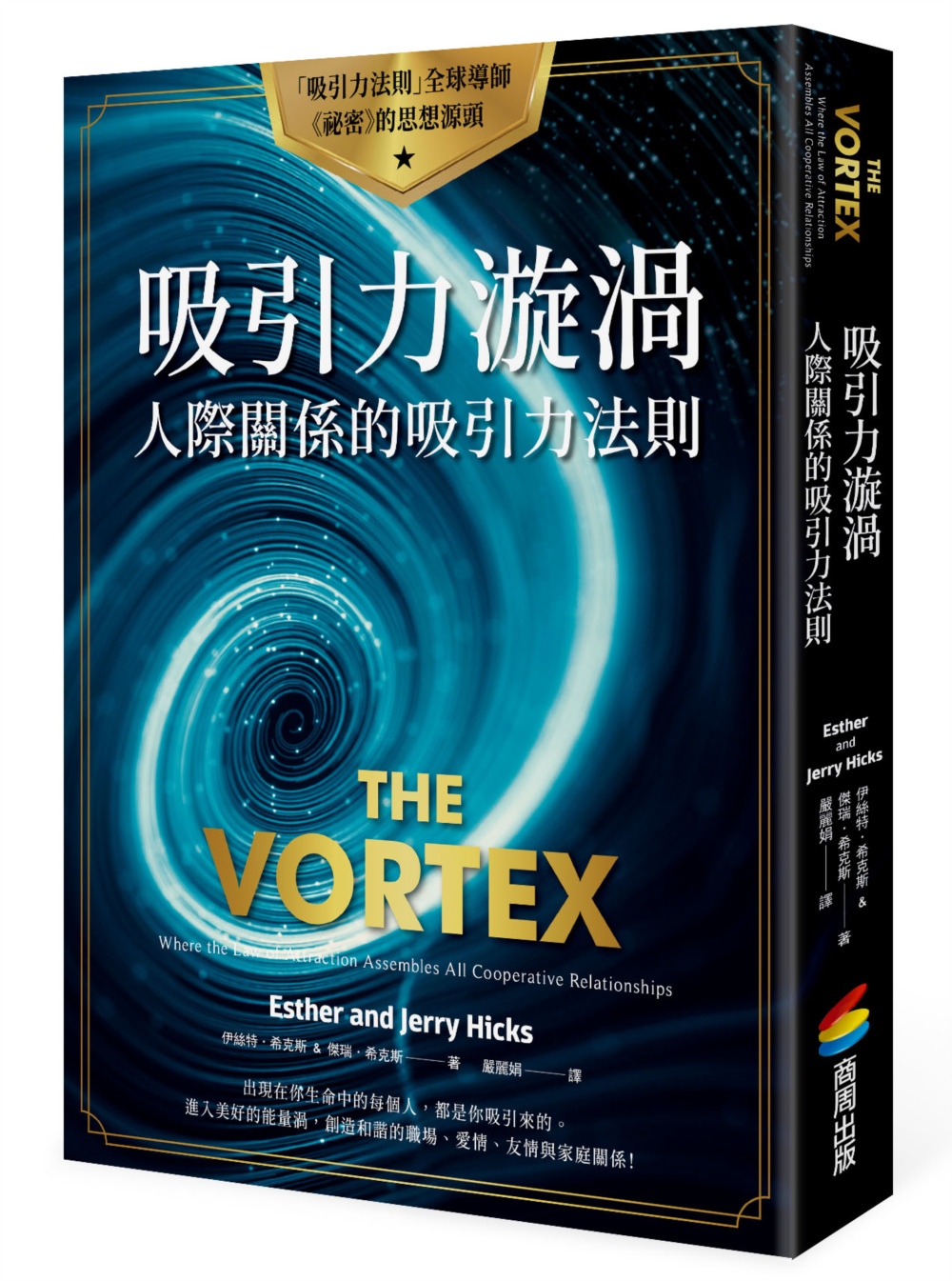 吸引力漩渦:人際關係的吸引力法則
吸引力漩渦:人際關係的吸引力法則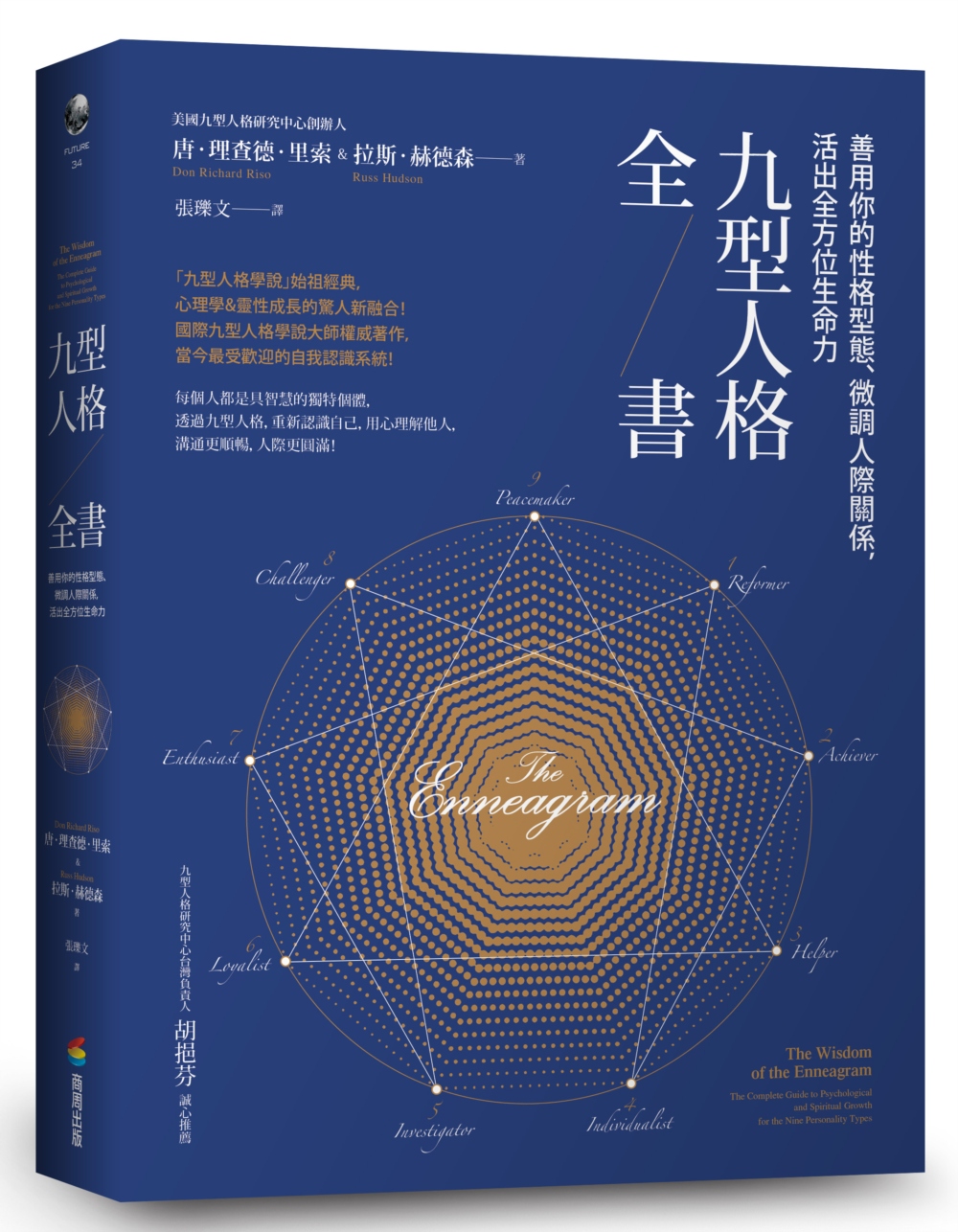 九型人格全書:善用你的性格型態、微...
九型人格全書:善用你的性格型態、微...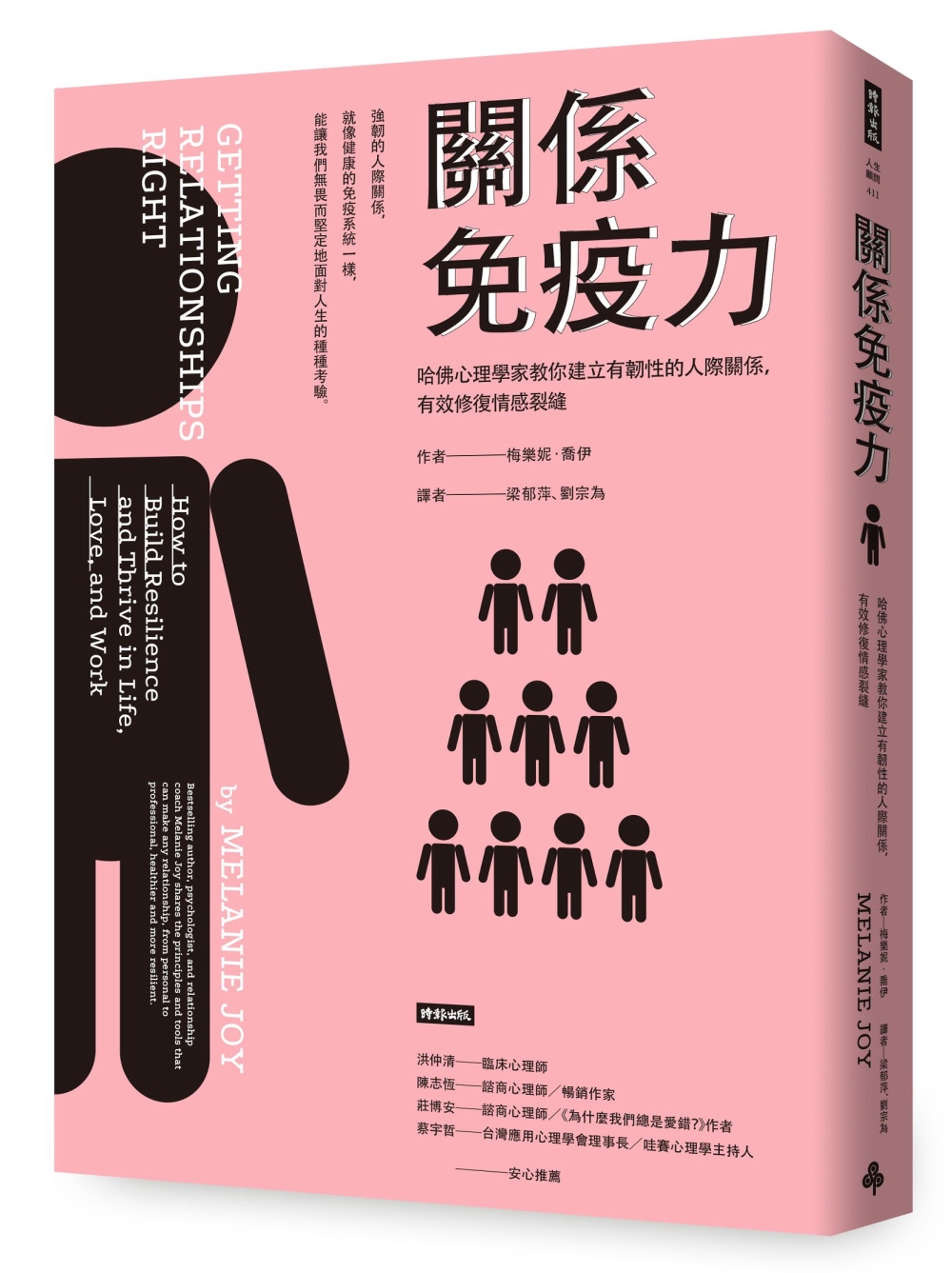 關係免疫力:哈佛心理學家教你建立有...
關係免疫力:哈佛心理學家教你建立有...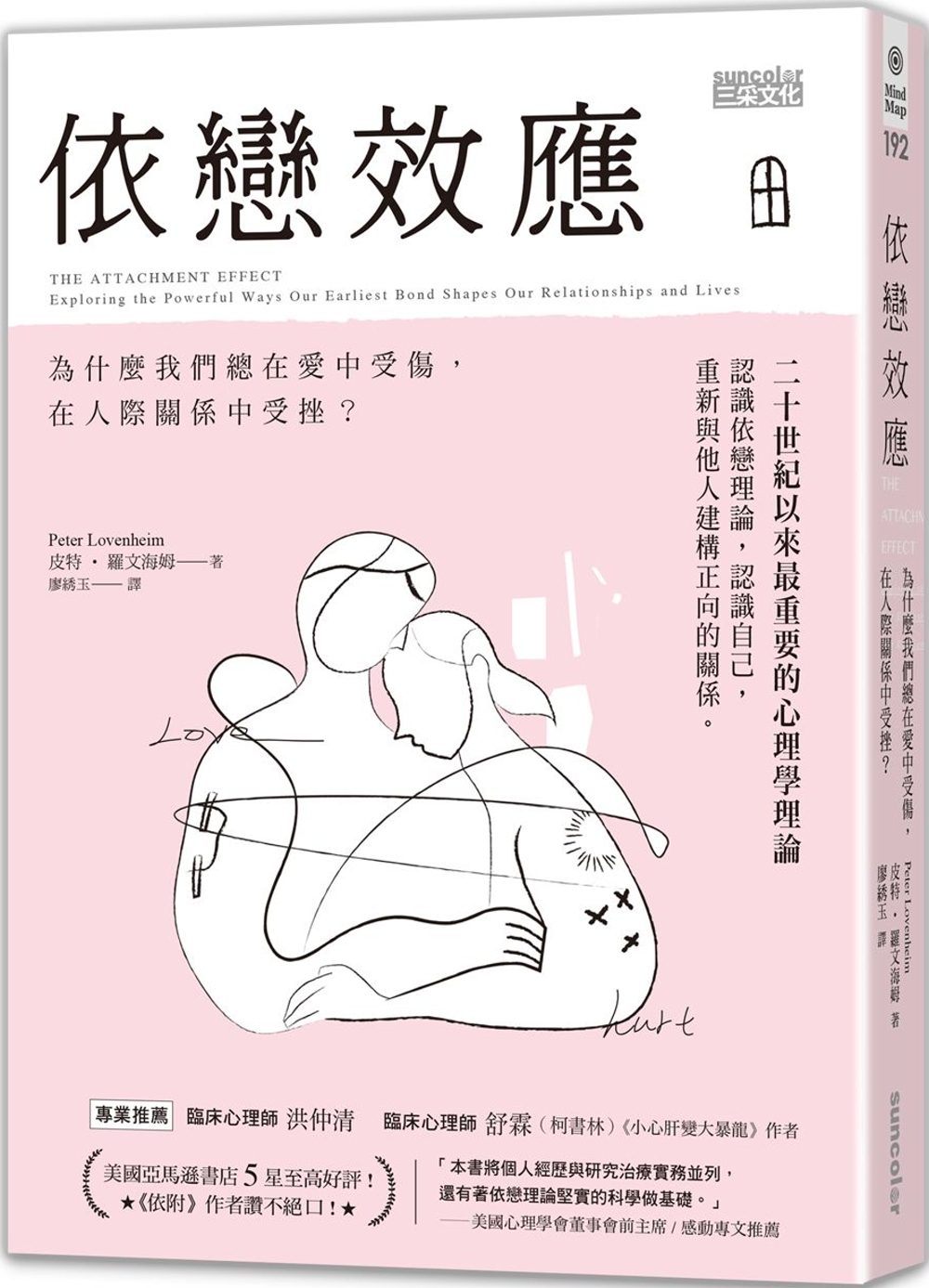 依戀效應:為什麼我們總在愛中受傷,...
依戀效應:為什麼我們總在愛中受傷,... 每天吸點貓德勒:獻給為人際關係苦惱...
每天吸點貓德勒:獻給為人際關係苦惱...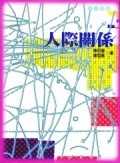 人際關係
人際關係